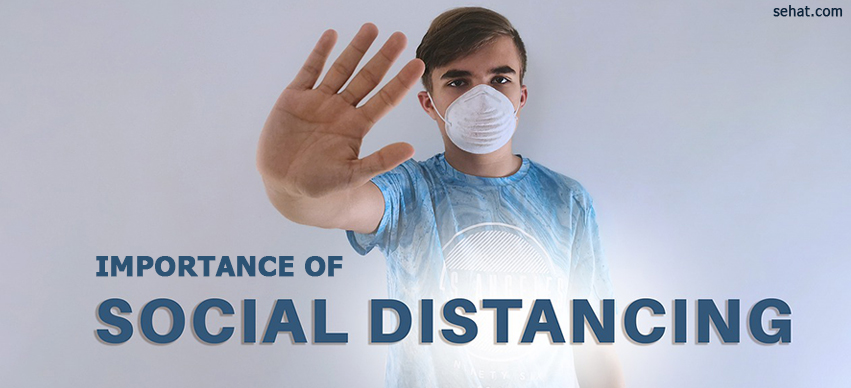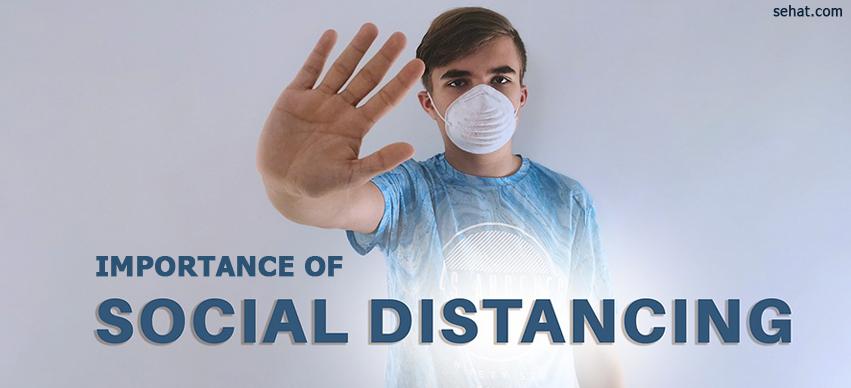How Communities Are Changing the Way We Think About Aging in..
8 Min Read


Social interactions or socializing is the end product of the way we behave and think. As a basic human instinct, right from birth, we learn how to communicate with other people. Socializing in a process through which a child or a person becomes an individual respecting his or her environmental laws, norms and customs.
In the event of an outbreak of the new pandemic, the Coronavirus (COVID-19), people are being instructed to stay at their own homes and maintain social distancing as one of the measures to stop the virus from spreading.
Keeping the constant threat of Coronavirus in view, people are now socializing with their families, friends and loved ones through digital platforms like telephonic conversations, social media like WhatsApp, Facebook and Instagram and also video calling.
This article will let you know more about terms like social distancing, quarantine, self-isolation and also why social distancing is important during the Coronavirus and what we can do as individuals to reduce the impact of coronavirus.
Social distancing is a way of keeping people away from each other and preventing close contact or interactions among people as a basic measure to limit and control the spread of infection.
In order to practice social distancing, all social gatherings are suspended including schools, colleges, workplaces and offices, concerts, sports events, malls, movie theatres and even shutting down religious places like temples, mosques, and churches.
Internet-based communication strategies are identified as a key tool to ensure successful social distancing.
Social distancing can be of several types and these are implemented based on their requirements at the level of individuals or a group.
Quarantine or self-quarantine is separation and restriction of activities or movements of a person who is believed to have been exposed to an infection. A person can either be quarantined at his/her own home or also in community-based quarantine facilities.
The quarantine can be applicable to;
The purpose of quarantine is;
Isolation is one of the ways of social distancing. While in quarantine, a person is separated from the rest of the community by asking the person to stay at home or in specialized quarantine units; isolation involves the complete separation of an infected person from the non-infected or healthy individuals. Isolation is one of those methods to stop the spread of COVID-19 infection.
A person in isolation must follow certain restrictions like;
A person who is isolating may need to visit a doctor if he/she notices signs and symptoms of coronavirus infection such as;
In the present condition, this is a boiling question. So how can you as an individual reduce the impact of Coronavirus?
It is very simple to stop the virus from spreading by literally just following basic hygiene routines such;
Urge other people and make them understand why social distancing is important during Coronavirus. You can educate people by either communicating with them directly or through social media platforms.
Another major step to reduce the impact of Coronavirus on the general population is to stop panic-buying and hoarding food in your houses unnecessarily. People who are working at the front line to fight this virus often end up not being able to purchase essential food items during their hours of relief.
It is also equally important to take care of and reach out to daily wage workers. These people require attention right now and it is our duty to reduce the impact of Coronavirus on this section of the society by reaching out to them and helping them with their daily meals.
Measures like social distancing, quarantine, and isolation are serious efforts by the government and local bodies to decrease or interrupt the spread of Coronavirus among the population. These methods aim to minimize contact between potentially infected people and a healthy population.